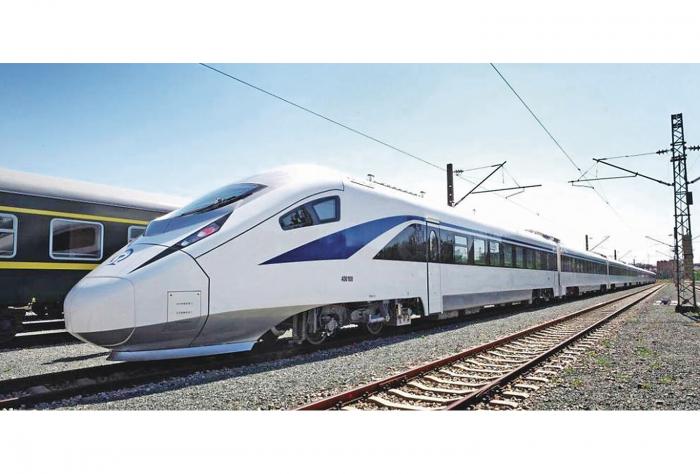Intra-country mass transit a talking point for next election.
- By : James Bryson
- Category : Energy/Infrastructure, Infrastructure, Transportation Issues

The campaign in the various political parties started and with this various proposals have begun to emerge from the candidates for the Presidency of the Republic who promise to fulfill their victory in the 2024 presidential elections.
One of the proposals that has resurfaced is the construction of the Panama-David train, a project that began to be seen as a possibility during the past government of former President Juan Carlos Varela, but which was excluded from the current government’s priority works.
Now, in the midst of the political campaigns for the primaries of their respective political parties, the construction of this railway is among the main proposals of the presidential candidate for the Realizing Goals (RM) party, Ricardo Martinelli, and the presidential candidate of the Panameñista Party, José Isabel Blandón.
In May 2019, former President Varela explained that the results of the feasibility study carried out by the Chinese company Railway Design Corporation (CRDC) estimated that the work required an investment of $4.1 billion.
At the time, it was considered feasible due to the social profitability it represents, based on five pillars: efficiency in public services, mobility, valuation of public and private properties, tourism and strengthening of the Canal maritime route and logistics centers, and its construction would cover an extension of 391.3 km.
The big question, four years after these results were presented and after the devastating effects on the economy caused by the covid-19 pandemic, is whether this project is feasible or if it is a mere electoral or political proposal to get votes.
Chapman: “In the campaign they are going to offer us everything”
For economist Felipe Chapman, a train between Panama City and David or the border with Costa Rica sounds attractive as a proposal.
However, he said he does not know if it is feasible, because he has not seen any analysis of estimated costs and benefits.
It considered that the responsible thing would be to carry out said analysis, including possible financing terms, conditions and costs.
He maintained that if the State carried out this project, it would be with the resources of all citizens, who have the right to know if it is feasible, as was done with the expansion project of the Panama Canal.
“That would be the model to follow. There are many good ideas for public investment projects, and resources are not infinite, therefore it is time to allocate taxpayers’ money in the best possible way and with the greatest economic benefit for the vast majority of the population that pays for it with taxes. product of their work,” Champan said.
However, he added that in the campaign they will offer us everything, and much of what we do not need.
That is why he said, it will be time to ask: the cost vs. the benefits for the country, if it is paid?, how is it paid? and who pays for it? Is it the best use of the limited money that citizens contribute in taxes or is there a better use?
Argote: Panama-David train would help reactivate the economy
For his part, the economist Felipe Argote also endorsed the idea of building this railway section, which would be used to transport passengers and cargo, considering that this infrastructure work would generate thousands of jobs throughout the country and would help not only to reactivate the economy , negatively affected by the pandemic, but also to get more out of the country’s logistics platform.
He assured that the project would generate an economy throughout the highway, since construction workers have very high salaries and they leave it in the neighborhood, “they do not go on vacation to Orlando or buy a house in Spain.”
According to Argote, this means that all along the highway there will be full restaurants, places to sleep, people who buy boots, shoes, helmets, there will be entertainment venues, music; That, he assured, generates savings almost immediately.
He added that in the end, when the train is finished, it will not only be a consumption issue that moved the economy, but there was also an investment. “There will be a train that is worth what was spent. In principle, building a train from Panama to David is something that has to be done for 100 years,” concluded Argote.



No Comments